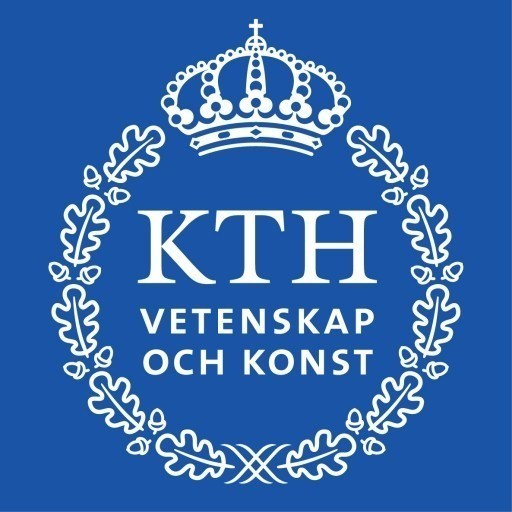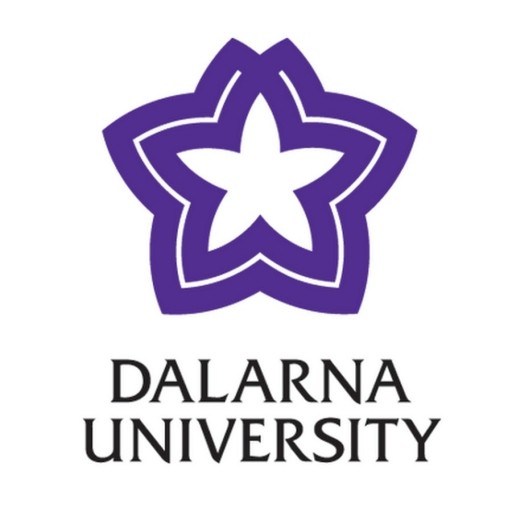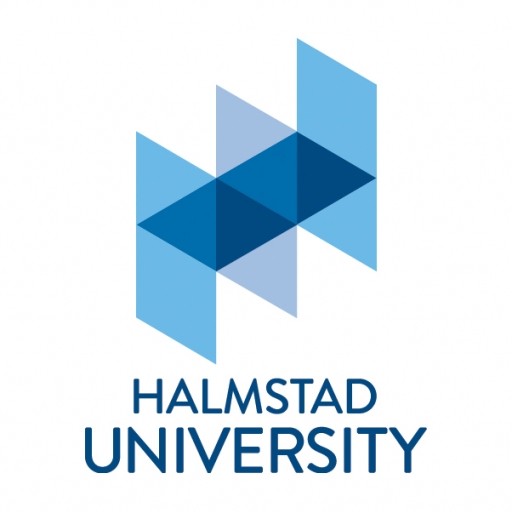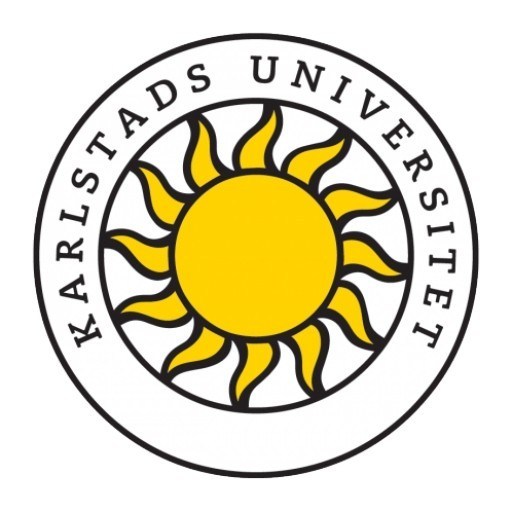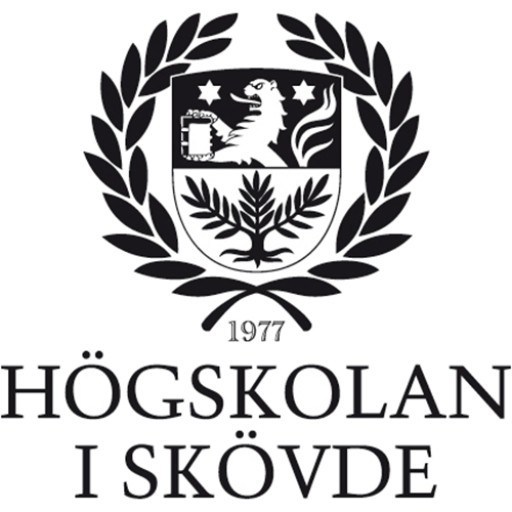The main objective of the Media Management programme is to provide students with the skills required for managing innovative media companies and for the competitive use of Information and Communication Technology (ICT) in management, preparing them for advanced industrial positions or continued graduate studies.
The Media Management programme focuses on the development and commercial operation of media products and services aimed at the consumer market. The programme consists of courses offering relevant knowledge regarding media technology and Information and Communication Technology (ICT), product development, production and distribution, intercultural communication, market understanding and enterprise management in the media industry and related fields.
The programme is organized around two main areas, one with technical courses on media production (video, print, web, interactive media), ICT and interaction design. The other area focuses on management, including courses given by the School of Industrial Engineering and Management (KTH) and Stockholm School of Economics, typically in the form of project work. The programme is highly international, with students and faculty coming from all over the world.
The programme is multidisciplinary, combining media technology, and computer science with cultural studies, economics, management and business development. It is aimed at students with a Bachelor degree wishing to acquire the knowledge and skills to manage and develop companies in the media industry or to manage ICT businesses more competitively. PhD studies in this field are also possible after this programme.
Year 1
The first year of the program consists of three blocks. First there is media technology block with two courses, Media Production focusing on media technologies print and web and Social media technologies focusing on the use of new media forms.
The second block is about management an economy with the courses Industrial management and Media Law.
The third block relates to the effect that media technology may have on intercultural communication and technical conditions for intercultural communication.
Mandatory courses
- Media Law 7.5 credits
- Intercultural communication 7.5 credits
- Theory and Method for Media Technology 7.5 credits
- Media Production 9.0 credits
- Program Integrating Course in Media Management 4.0 credits
- Industrial Management, Basic Course 6.0 credits
Recommended courses
- Decision Theory 7.5 credits
- Telepresence Production 7.5 credits
- Social Media Technologies 7.5 credits
- Leadership in Cross-Cultural and Industrial Contexts 6.0 credits
- Macroeconomics for Business 7.5 credits
- Execution- Running Your Own Company 7.5 credits
- Social Entrepreneurship 7.5 credits
Year 2
The autumn in year two is designated to the course Media Management given by the Stockholm School of Economics and the degree project.
The Media Management course aims at giving students knowledge about the conditions that emerge from the arising new market conditions. The course is given in close relation with major media companies and consists of two parts, a theoretical part and a project part with realistic projects for media enterprises.
Mandatory courses
- Degree Project in Computer Science and Communication, Second Cycle 30.0 credits
- Media Management 15.0 credits
- Future of Media 10.0 credits
- Program Integrating Course in Media Management 4.0 credits
Recommended courses
- Social Media Technologies 7.5 credits
- Media Lab 7.5 credits
- Leadership in Cross-Cultural and Industrial Contexts 6.0 credits
Degree project and thesis
The final semester is devoted to the degree project, which is focused on using scientific methods to solve a problem within the scope of the programme. The project may originate from an industrial problem or be suggested by one of the research groups at the relevant departments. The results are presented in a thesis – the degree project – and in a formal thesis seminar.
Requirements
- A completed Bachelor's degree, corresponding to a Swedish Bachelor's degree (180 ECTS credits), or equivalent academic qualifications from an internationally recognised university.
- Students in their final year of undergraduate education may apply to KTH and, if qualified, receive conditional acceptance. If you have not yet completed your studies, please include a written statement issued by the degree awarding university. This statement must be certified and stamped by the Academic Registrar's Office, the Examinations Office or equivalent of the institution. Statements from other staff members, such as faculty members, will not be accepted.
- Students who are following longer technical programmes, and have completed courses equivalent to a Bachelor´s degree (180 ECTS credits), will be considered on a case-by-case basis.
- Cover sheet (generated from the web-based application). However, if you have a Swedish personal ID number or if you choose to upload your documents, the cover sheet is not required.
- Certificates and diplomas from previous education at an internationally recognised university.
- Transcripts of records (including course list). All courses taken and grades must be included. Sort them in reverse chronological order, i.e. put the last received document on top.
- Proof of English proficiency.
- A copy of your passport or some other document of identification. If you are from an EU/EEA country or Switzerland and are required to document your citizenship status in order to be considered exempt from paying application and tuition fees, your passport copy must be certified. If you are not a citizen of an EU/EEA country or Switzerland, certification of your passport copy is not required.
- Curriculum Vitae
- Letter of Motivation
- Letters of recommendation
- IELTS A minimum overall mark of 6.5, with no section lower than 5.5 (only Academic Training accepted).
- TOEFL Paper-based test: total result of 575 (written test, minimum grade 4.5)
- TOEFL Internet-based test: total result of 90 (written test, minimum grade 20)
- A Bachelor’s degree corresponding to 180 ECTS credits, or equivalent, in computer science, media technology, information technology, human-computer interaction, or similar programme with an engineering or science profile. Alternatively a Bachelor’s degree in social science relevant to the scope of the programme.
Want to improve your English level for admission?
Prepare for the program requirements with English Online by the British Council.
- ✔️ Flexible study schedule
- ✔️ Experienced teachers
- ✔️ Certificate upon completion
📘 Recommended for students with an IELTS level of 6.0 or below.
Scholarships
- KTH Scholarship
- Russian Presidency Scholarship for Abroad Studies
